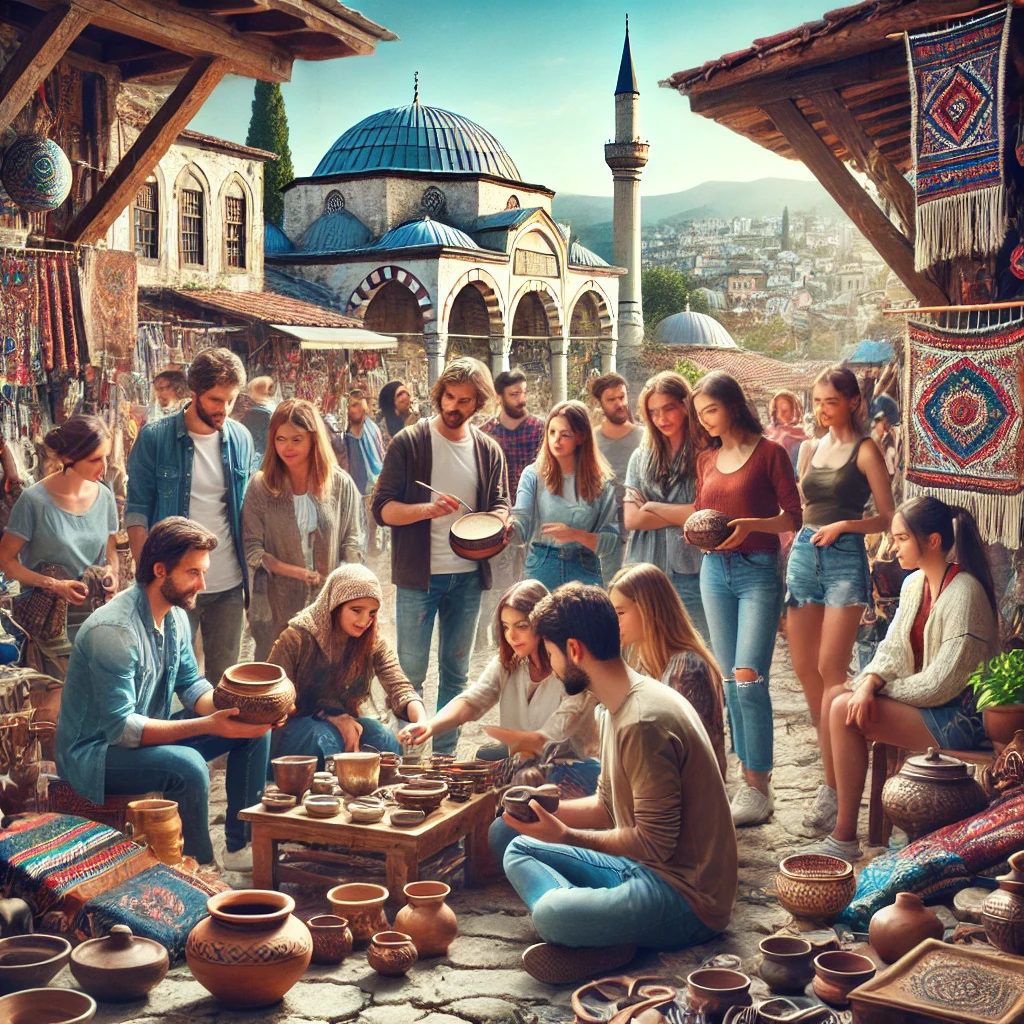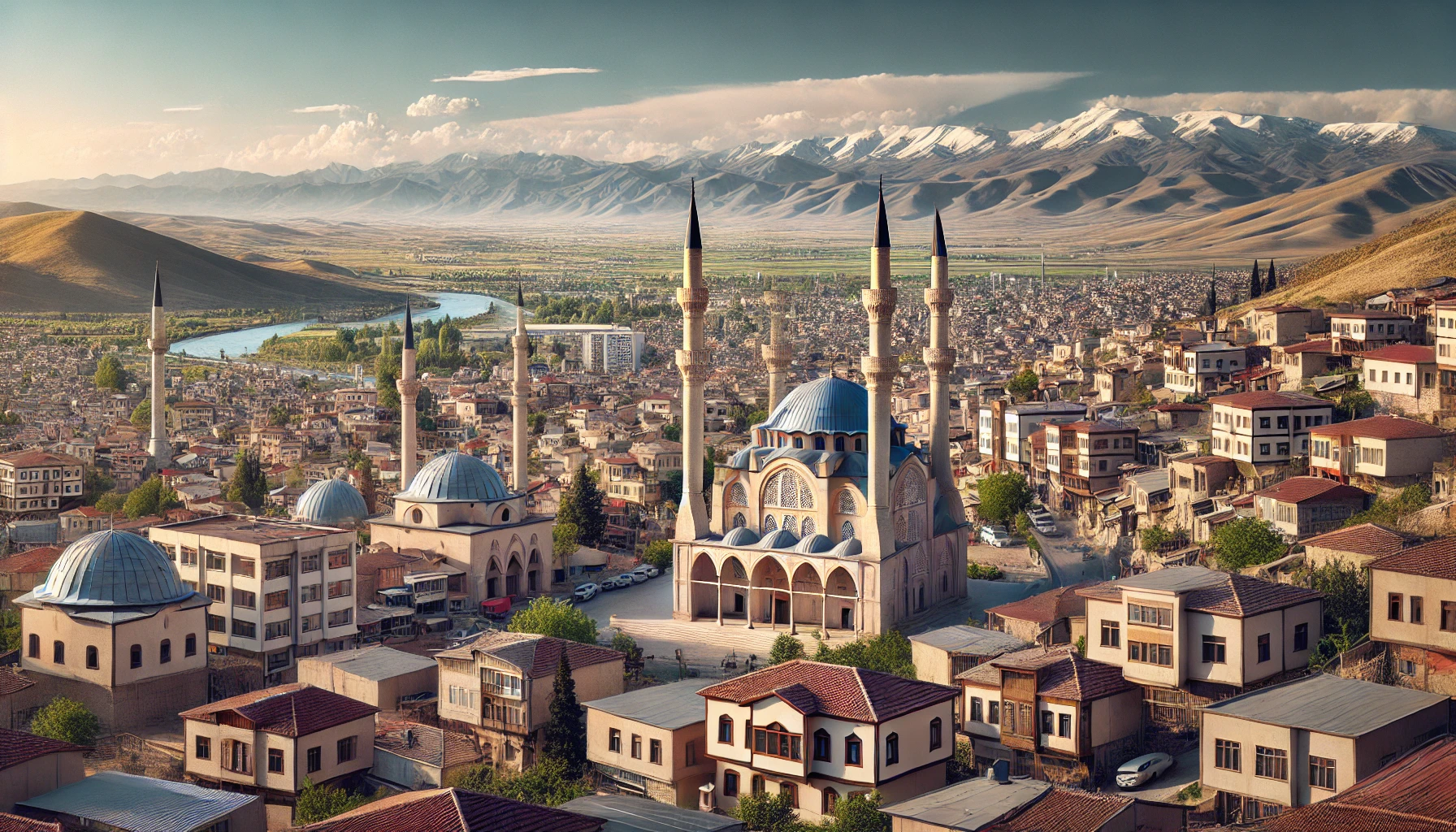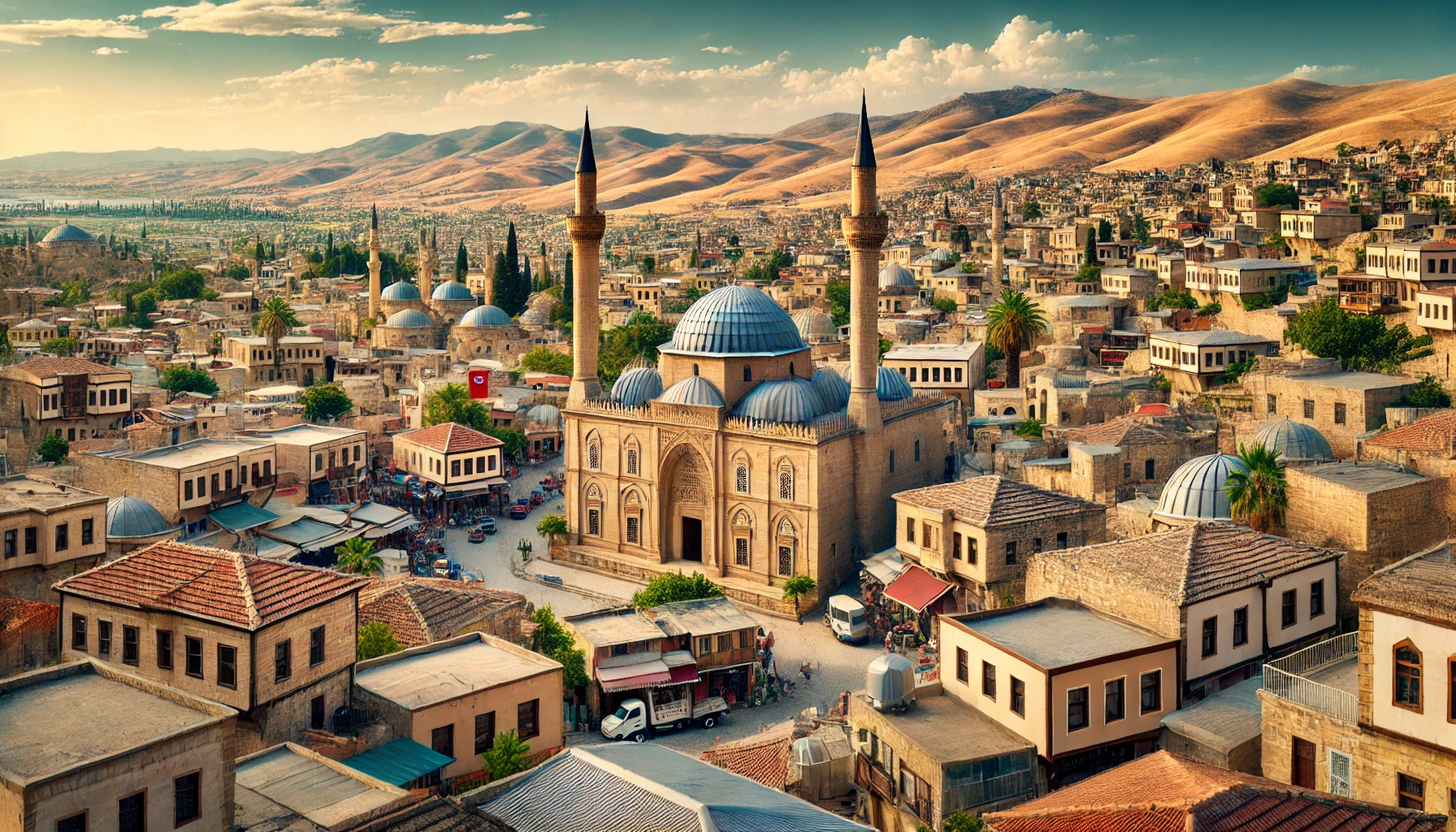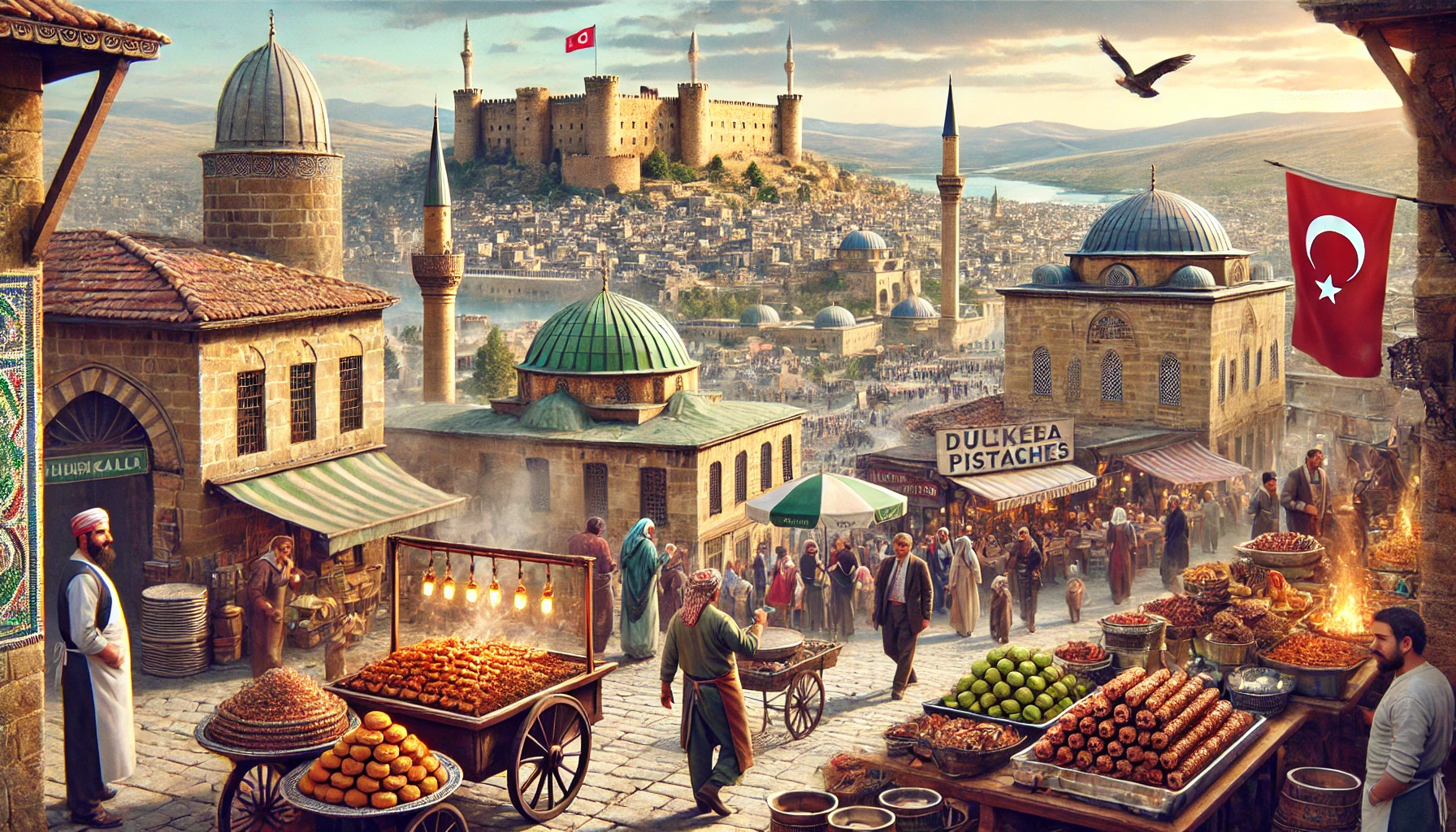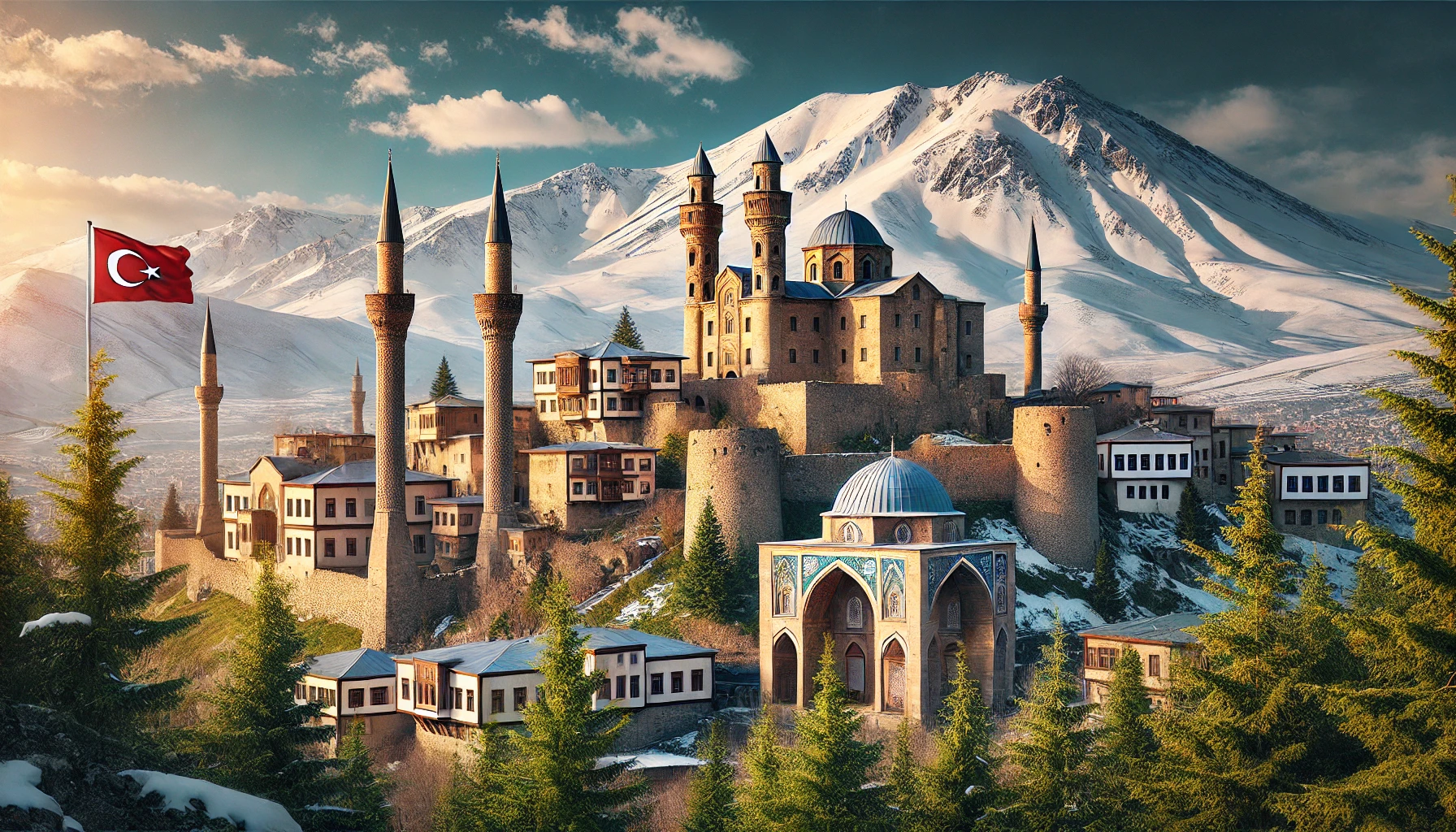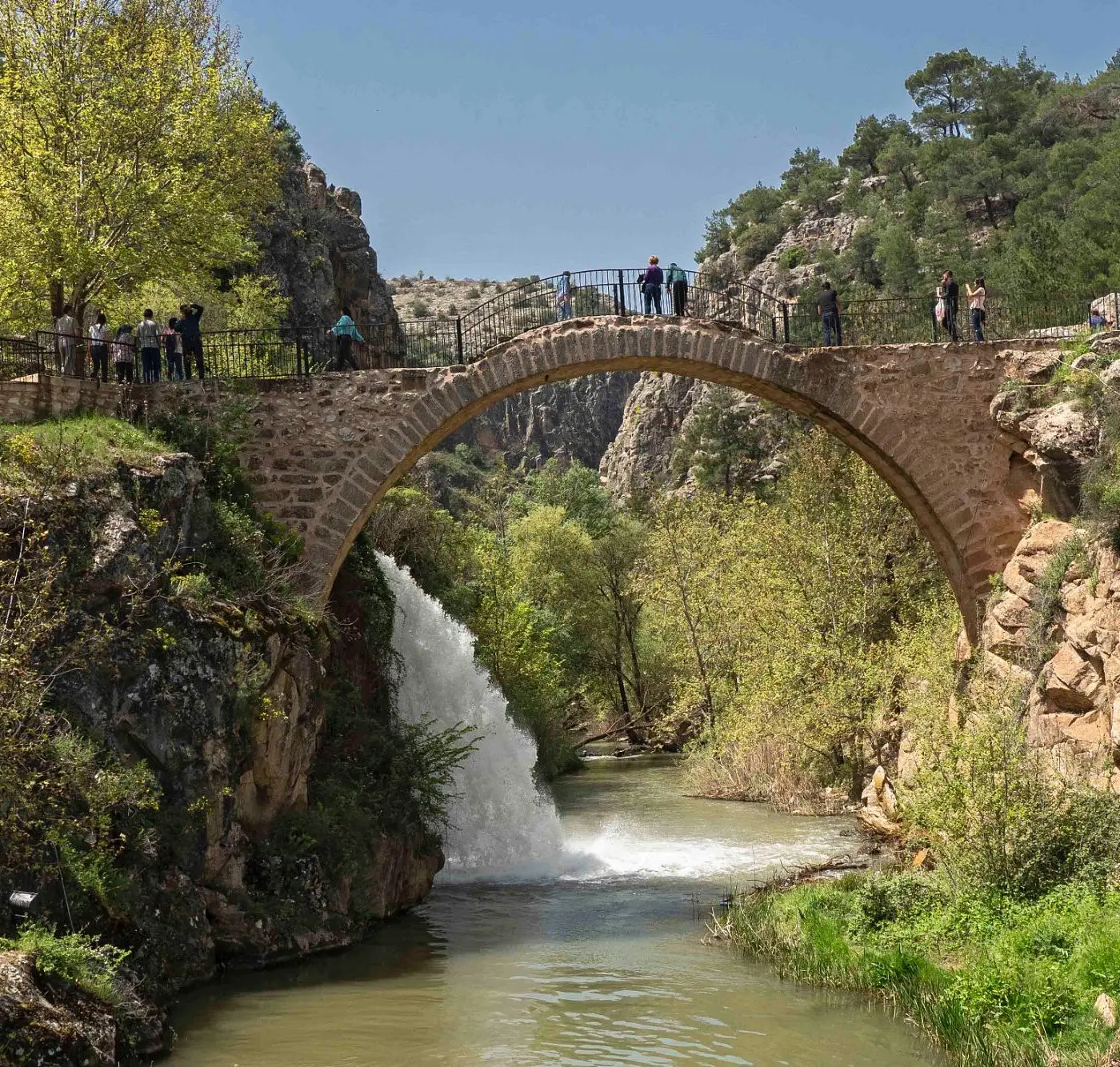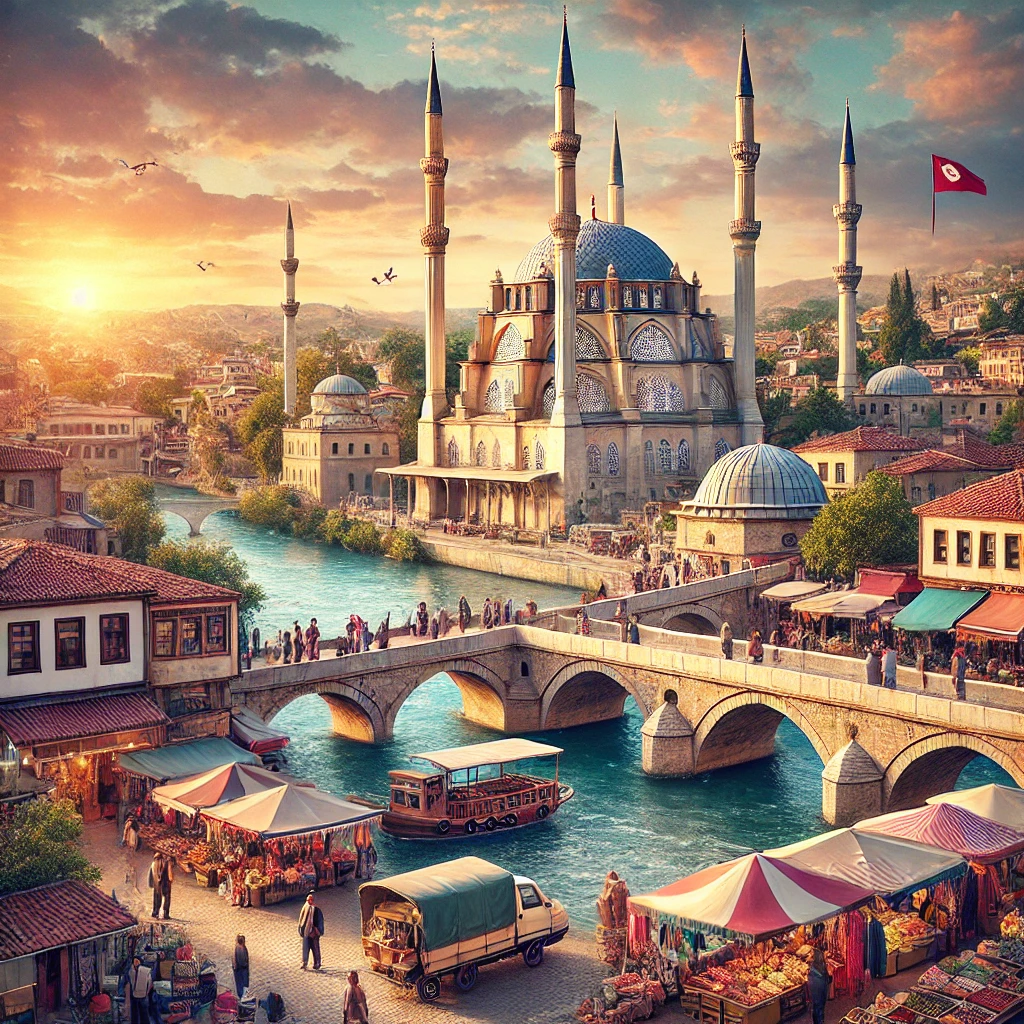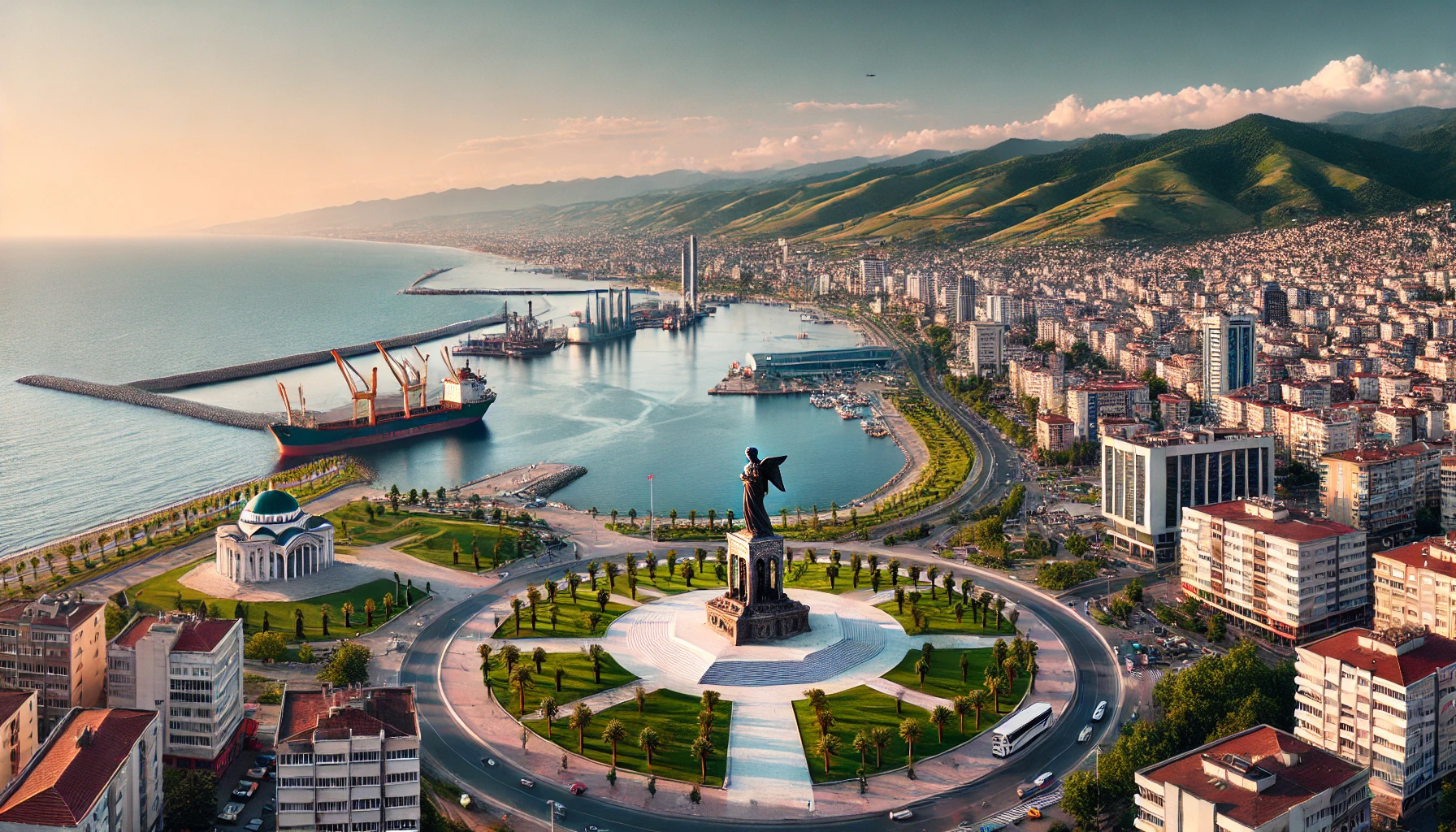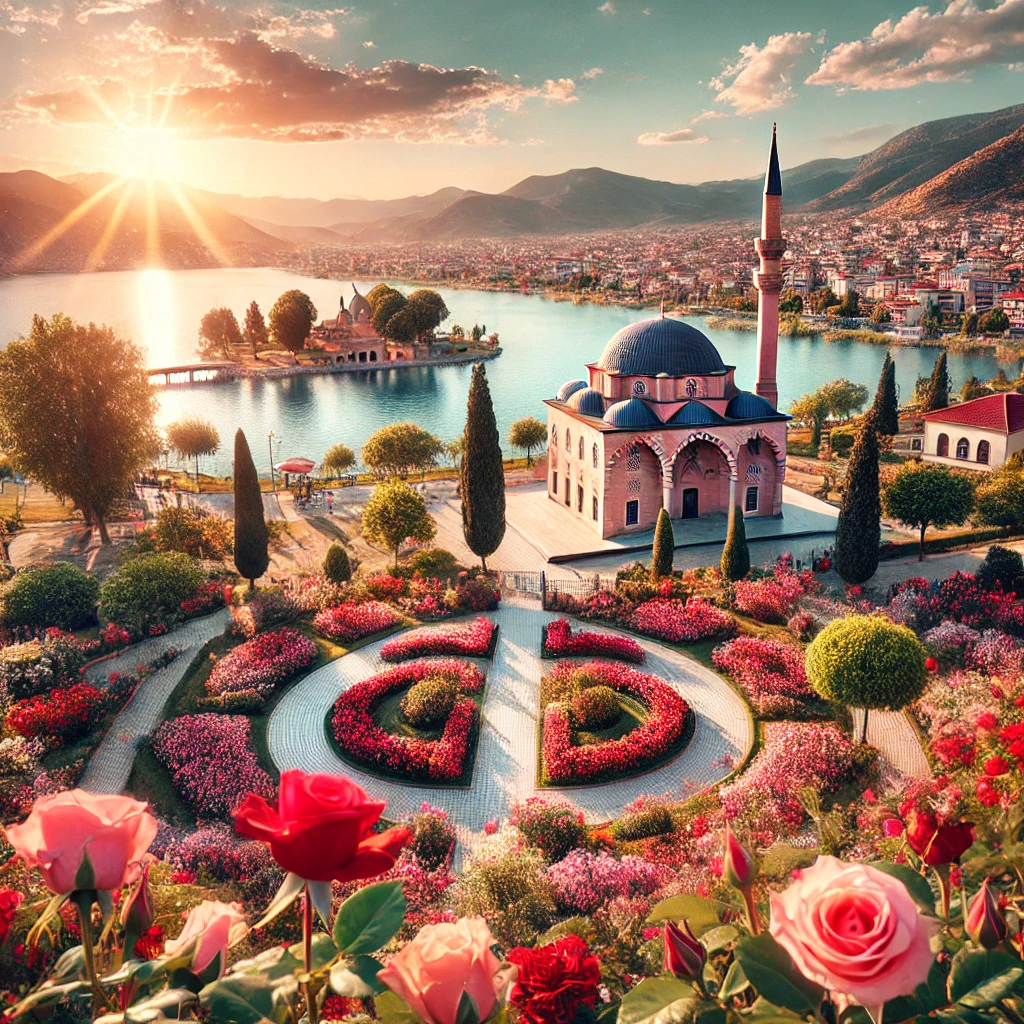Justice Tourism in Turkey
ustice tourism, also known as solidarity tourism, is a form of travel that goes beyond leisure. It aims to create economic opportunities for local communities, foster positive cultural exchange, and provide political and historical education. This concept, although relatively new, has gained traction in various parts of the world, including Turkey. With its rich history, diverse culture, and dynamic social landscape, Turkey offers a unique and enriching experience for those interested in justice tourism. In this article, we will explore the different facets of justice tourism in Turkey and highlight the key destinations and activities that make it a compelling travel option.
Understanding Justice Tourism
What is Justice Tourism?
Justice tourism is a travel approach that prioritizes ethical and sustainable tourism practices. It focuses on supporting local economies, promoting cultural understanding, and educating tourists about the social, political, and historical contexts of the places they visit. This form of tourism often involves collaboration with local communities, ensuring that the benefits of tourism are distributed fairly and contribute to social justice.
Why Choose Justice Tourism?
Traveling with a focus on justice tourism allows tourists to engage more deeply with the destinations they visit. It provides opportunities to learn about the struggles and triumphs of local communities, understand the historical and political landscape, and contribute positively to the local economy. For many, justice tourism offers a more meaningful and impactful travel experience compared to traditional tourism.
Key Destinations for Justice Tourism in Turkey
Istanbul: A City of Contrasts
Istanbul, Turkey’s largest city, is a vibrant metropolis where East meets West. It is a city of contrasts, with modern skyscrapers standing alongside ancient mosques and palaces. Istanbul offers numerous opportunities for justice tourism.
Cultural Exchange and Education
Visitors can participate in cultural exchange programs that involve spending time with local families, learning about their traditions, and sharing meals. Organizations like Small Projects Istanbul provide educational and community programs that support refugees and marginalized communities.
Historical Tours
Istanbul’s rich history is best explored through guided tours that focus on its political and social evolution. Tours of the historic Sultanahmet district, including the Hagia Sophia, Blue Mosque, and Topkapi Palace, offer insights into the city’s past empires and their impacts on present-day Turkey.
Diyarbakir: Exploring Kurdish Culture
Diyarbakir, located in southeastern Turkey, is a city with a predominantly Kurdish population. It is an important cultural and political center for the Kurdish people.
Supporting Local Artisans
Justice tourism in Diyarbakir includes supporting local artisans who create traditional Kurdish crafts. Visitors can purchase handmade items such as textiles, pottery, and jewelry directly from the artisans, ensuring that the profits go back to the community.
Learning About Kurdish History
Tours and workshops that focus on Kurdish history and culture provide an in-depth understanding of the region’s unique heritage and the challenges faced by the Kurdish people. These experiences often include visits to historical sites, museums, and cultural centers.
Cappadocia: Sustainable Tourism in a Unique Landscape
Cappadocia is famous for its surreal landscapes, cave dwellings, and hot air balloon rides. It is also a destination where sustainable tourism practices are being implemented to preserve its natural and cultural heritage.
Eco-Friendly Accommodations
Staying in eco-friendly accommodations, such as cave hotels that use sustainable practices, is a key aspect of justice tourism in Cappadocia. These establishments often employ local staff and use locally sourced materials and foods.
Community-Based Tourism
Community-based tourism initiatives in Cappadocia involve engaging with local communities through guided hikes, cooking classes, and cultural workshops. These activities provide tourists with a deeper understanding of the region while supporting the local economy.
Engaging in Political and Historical Education
Visiting Historical Sites with a Purpose
Turkey is home to numerous historical sites that offer more than just sightseeing opportunities. Guided tours that focus on the historical and political significance of these sites provide a deeper understanding of Turkey’s complex past.
Gallipoli: Remembering the Past
The Gallipoli Peninsula is a significant site for both Turkish and international history. Tours that focus on the Gallipoli Campaign of World War I provide insights into the sacrifices made during the conflict and its lasting impact on the region.
Anzac Day Commemorations
Attending Anzac Day commemorations at Gallipoli is a powerful experience that honors the soldiers who fought and died during the campaign. These events promote reflection and understanding of the shared history between Turkey and the countries involved.
Learning About Modern Turkey
Justice tourism in Turkey also includes learning about contemporary social and political issues. Engaging with local organizations and attending discussions or workshops can provide valuable perspectives on current challenges and initiatives within the country.
Women’s Rights and Empowerment
Organizations focused on women’s rights and empowerment often offer programs and tours that highlight the progress and ongoing challenges faced by women in Turkey. These experiences can include visits to women’s shelters, cooperatives, and advocacy groups.
Refugee Support Programs
Turkey hosts a significant number of refugees, primarily from Syria. Participating in volunteer programs or tours organized by NGOs working with refugees provides an opportunity to learn about their experiences and contribute to their support.
Practical Tips for Justice Tourism in Turkey
Respecting Local Customs and Traditions
When engaging in justice tourism, it is essential to respect local customs and traditions. This includes dressing modestly, especially in rural areas and when visiting religious sites, and being mindful of local norms and etiquette.
Supporting Local Businesses
Choosing to support local businesses, such as family-run restaurants, local guides, and artisan shops, ensures that your spending directly benefits the community. Avoiding large international chains and opting for locally owned establishments can make a significant impact.
Staying Informed and Open-Minded
Justice tourism involves continuous learning and engagement. Staying informed about the social and political contexts of the places you visit and approaching your travels with an open mind and a willingness to learn and engage with local communities is crucial.
Volunteering Responsibly
If you choose to volunteer during your travels, do so responsibly. Ensure that the organization you work with has a positive impact on the community and that your involvement is meaningful and sustainable. Avoid short-term volunteer opportunities that may not provide long-term benefits to the community.
Justice tourism in Turkey offers a unique and enriching travel experience that goes beyond traditional tourism. By focusing on ethical and sustainable practices, justice tourism promotes cultural exchange, economic support for local communities, and political and historical education. Whether exploring the bustling streets of Istanbul, learning about Kurdish culture in Diyarbakir, or engaging in sustainable tourism in Cappadocia, travelers can make a positive impact while gaining a deeper understanding of Turkey’s rich and diverse heritage.
Latest Update: Jul 22, 2024
Your Content Goes Here
TAGS: community-based tourism Turkey, cultural exchange Turkey, eco-friendly travel Turkey, ethical tourism Turkey, historical tours Turkey, justice tourism Turkey, political education Turkey, solidarity tourism Turkey, supporting local communities Turkey, sustainable travel Turkey
A brief summary of the key points in this article.

